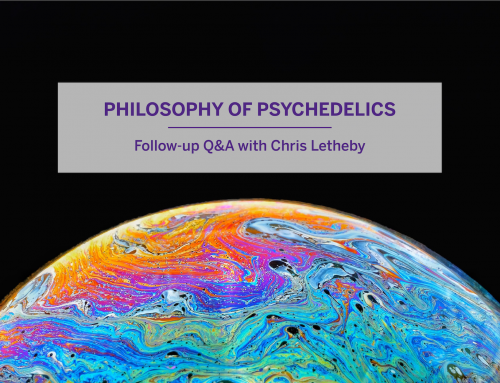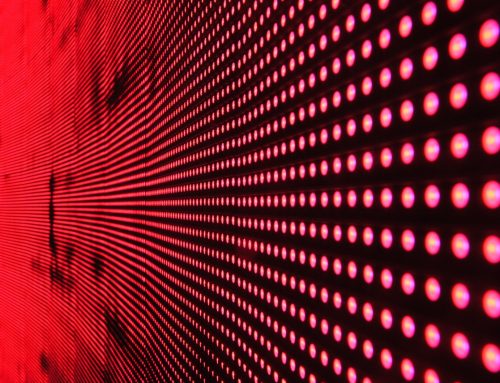Two years ago, this blog featured a series of posts about how the history and philosophy of science (HPS) can contribute to science education:
- Broadening the goals of science education, by Reuven Brandt,
- Improving scientific literacy through improved critical thinking skills, by Melissa Jacquart,
- How to include HPS in science education standards?, by myself, and
- What must be done to educate, equip, and support teachers to incorporate HPS into their curricula?, by Craig Fox.
This series followed an international conference and workshop held in December of 2012 at Boston University, funded by the National Science Foundation and sponsored by both the School of Education and the Center for Philosophy and History of Science. The grant that funded this project (REESE-1205273) is still ongoing, but a report on this conference was published last fall in the journal Science & Education. A preprint of this report is freely accessible at PhilSci archive.
This report provides a summary of the talks and workshop group reports, as well as further discussion and conclusions by some of the organizers. Some of them are summarized in the abstract as follows:
Multiple themes emerged for K-16 education from the perspective of the history and philosophy of science. Key ones were that: students need to understand that central to science is argumentation, criticism, and analysis; students should be educated to appreciate science as part of our culture; students should be educated to be science literate; what is meant by the nature of science as discussed in much of the science education literature must be broadened to accommodate a science literacy that includes preparation for socioscientific issues; teaching for science literacy requires the development of new assessment tools; and, it is difficult to change what science teachers do in their classrooms. The principal conclusions drawn by the editors are that: to prepare students to be citizens in a participatory democracy, science education must be embedded in a liberal arts education; science teachers alone cannot be expected to prepare students to be scientifically literate; and, to educate students for scientific literacy will require a new curriculum that is coordinated across the humanities, history/social studies, and science classrooms.
This report was one of the several articles that came out from this conference, gathered in an issue of Science & Education. The titles of the talks, accompanying presentations, and video of the speakers’ presentations are available on the conference website, http://www.bu.edu/hps-scied .






